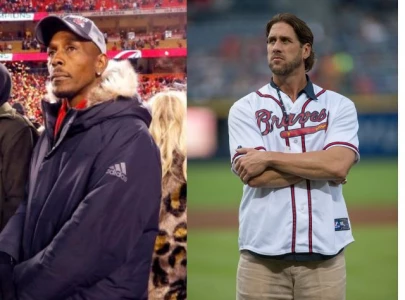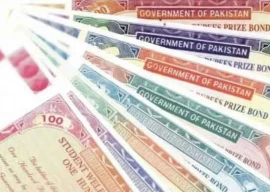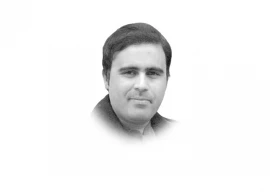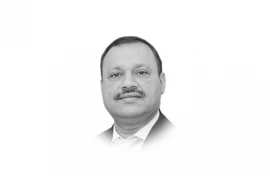1724219889-0/BeFunky-collage]_____-(32)1724219889-0.jpg)
US Vice President JD Vance on Tuesday warned European allies against over-regulating the US-dominated artificial intelligence sector and China against using the technology to tighten its grip on power.
The confrontational remarks by Donald Trump's deputy to world leaders gathered in Paris to discuss AI punctured the unity that hosts France had hoped to project for the two-day meeting.
Dozens of nations signed a statement calling for efforts to flank the technology with regulation to make it "open" and "ethical". But the communique was not signed by the United States or Britain, which is no longer an EU member.
"Excessive regulation... could kill a transformative sector just as it's taking off," Vance told global leaders and tech industry chiefs at the French capital's Grand Palais, calling on Europe to show "optimism rather than trepidation".
India's Prime Minister Narendra Modi had minutes earlier called for "collective, global efforts to establish governance and standards that uphold our shared values, address risks and build trust".
Modi co-hosted the summit with France's President Emmanuel Macron and his country will host the next meeting on advancing global rules.
Speaking after Vance, Macron said global rules were "the foundation, alongside innovation and acceleration, of what will allow AI to arrive and endure", in an apparent rebuff to the US vice president.
China, France, Germany and India were among 60 signatories who agreed it is a priority that "AI is open, inclusive, transparent, ethical, safe, secure and trustworthy" under "international frameworks".
AI should also be "sustainable for people and the planet," the text added.
The number of signatories was reduced after the French presidency removed Montenegro and a duplicate mention of Sweden.
Neither Britain nor the United States signed, and there was also no indication that key industry players like Sam Altman's OpenAI would jump aboard.
"You'd only ever expect us to sign up to initiatives that we judge to be in our national interest," Prime Minister Keir Starmer's spokesman told reporters in London.
Dario Amodei, head of AI developer Anthropic, said the summit was a "missed opportunity" to ensure democratic nations control AI, prepare for safety threats from the technology and pre-empt its social and economic disruption.
Vance also took a thinly veiled shot at China, saying "authoritarian regimes" were looking to use AI for increased control of citizens at home and abroad.
"Partnering with them means chaining your nation to an authoritarian master that seeks to infiltrate, dig in and seize your information infrastructure," Vance said.
Chinese startup DeepSeek rattled the AI sector last month by unveiling a sophisticated chatbot that it says was developed on a relatively low budget. A growing number of countries have taken steps to block the app from government devices over security concerns.
Vance also pointed to "cheap tech... heavily subsidised and exported by authoritarian regimes", referring to surveillance cameras and 5G mobile internet equipment widely sold abroad by China.
Speaking after Vance, European Commission chief Ursula von der Leyen said Brussels would push to mobilise 200 billion euros ($206 billion) for AI investments in Europe, with 50 billion euros to come from the EU's budget and the rest from "providers, investors and industry".
Mistral AI chief Arthur Mensch said the summit had showed off "European optimism and European dynamism... it's an inflection point for Europe".
Following Macron's trumpeting Monday of 109 billion euros of investment into French AI projects and a $500-billion US "Stargate" programme led by OpenAI, the vast figure underscored the resources needed to compete on the latest technological wave.
A consortium led by Elon Musk, a Trump ally and the world's richest man, has made a near $100 billion bid to buy ChatGPT maker OpenAI, the Wall Street Journal reported.
OpenAI chief Altman told an audience of tech entrepreneurs in Paris that the company was "not for sale".
Vance did not comment directly on the prospective deal.











1724219889-0/BeFunky-collage]_____-(32)1724219889-0-270x192.webp)












COMMENTS
Comments are moderated and generally will be posted if they are on-topic and not abusive.
For more information, please see our Comments FAQ